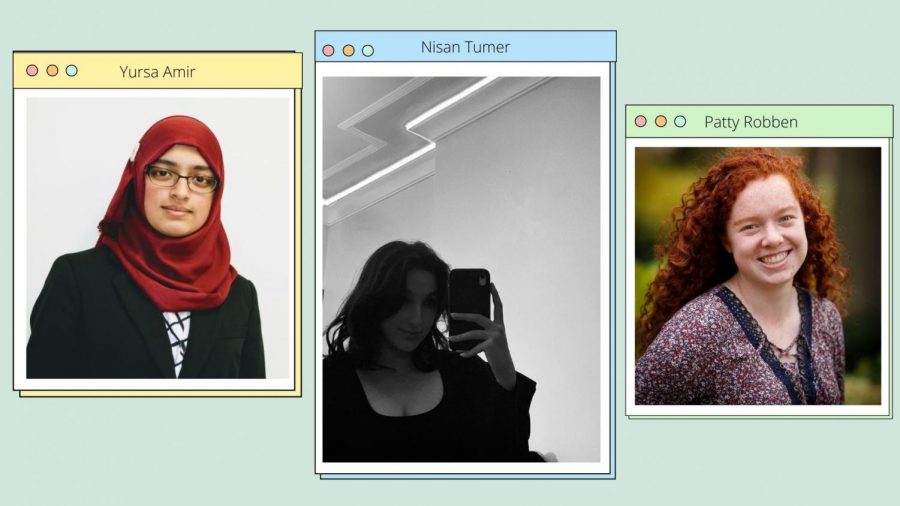International Women’s Day—High School Edition
International Women’s Day was celebrated by high schoolers around the globe.
March 28, 2021
March 8th, 2021 marked 110 years since the first International Women’s Day gathering in 1911. International Women’s Day has been celebrated since the early 1900s, a time of turbulence and radical ideologies. In 1908, great unrest and critical debate was taking place among women at a time when inequality and women’s oppression had motivated women to become more vocal and active in campaigning for change. 15,000 women marched through New York that year demanding shorter hours of work, better pay, and the right to vote.
At the 1910 International Conference of Working Women held in Copenhagen, Denmark, Clara Zetkin, the leader of the ‘Women’s Office’ party in Germany, proposed the idea of an International Women’s Day. In 1911, International Women’s Day was honored for the first time in Austria, Denmaker, Germany and Switzerland, with more than a million women attending political campaigns for women’s right to work and hold public office.
Fast forwarding a century or so, International Women’s Day is still very much alive. While the fight for equality is still not over, it is much more feasible than it once was, and great improvements have already been made. This year’s campaign theme is #ChooseToChallenge.“We can all choose to challenge and class out gender bias and inequality,” said Lucile Negre, a first year at school in France, “We can all choose to seek out and celebrate women’s achievements.” Negre explains how in her school in France, in support of International Women’s Day, her classmates and her, “wore purple in school.” Negre voices how she appreciated that her school took time and effort to celebrate a holiday holding such high importance.
Contrastingly, Nisan Tumer, a Turkish student at Creve College in Istanbul, expressed her anger over her country’s government’s apathetic attitude towards the day and towards women’s rights. She explains, “67 women have been killed in the last 65 days by men and I primarily want the men who did this to be criminally prosecuted and not released without any repercussion.” Like Tumer, Yursa Amir, a senior from Thomas Edison Energysmart Charter School wants to see change in the recognition of women. She admits that while she does not celebrate International Women’s Day, she is still very involved in activist work, saying she, “[gives] back to the community as much as possible by organizing charity drives for women’s shelters and fundraising around that day.”
This year’s theme was not only celebrated on March 8th, but every day since the start of the pandemic. “Women in leadership: Achieving an equal future in COVID-19,” celebrate the efforts of girls and women worldwide to restore a more equal future coming out of the COVID-19 pandemic, highlighting the frightening gender gap that needs to be fixed. From Huntington Beach High School, 11th grader Miu Martinez comments, “I wish to see women be praised more for their accomplishments because it often feels like they are downplayed or overlooked when there are plenty of women accomplishing things that have never been done before.”
Women are at the frontline battling against COVID-19 as health sector workers, scientists, doctors, and caregivers, yet they are paid 11% less than their male counterparts globally. And, in 87 countries, a mere 3.5% of women have gender parity. Women’s full participation and leadership in all areas and sectors of life drive progress forward for everyone. However. as revealed in the United Nations Secretary General Antoni Gutierez’s report on gender disparity, women are still widely underrepresented in public life and decision-making positions. Women are heads of states in 22 countries and only 24.9% of international parliaments are made up of women. It is estimated that, with the current rate, gender equality amongst heads of states will take another 130 or so years. Patty Robben, a senior at Minnetonka High School, shares that, “In the future, I want to see women do anything and everything. I want to see more women in leadership roles across society because I think representation is so important … Also, given that women are half of the population, they should have an equal role in making decisions that affect society,” she concludes.









